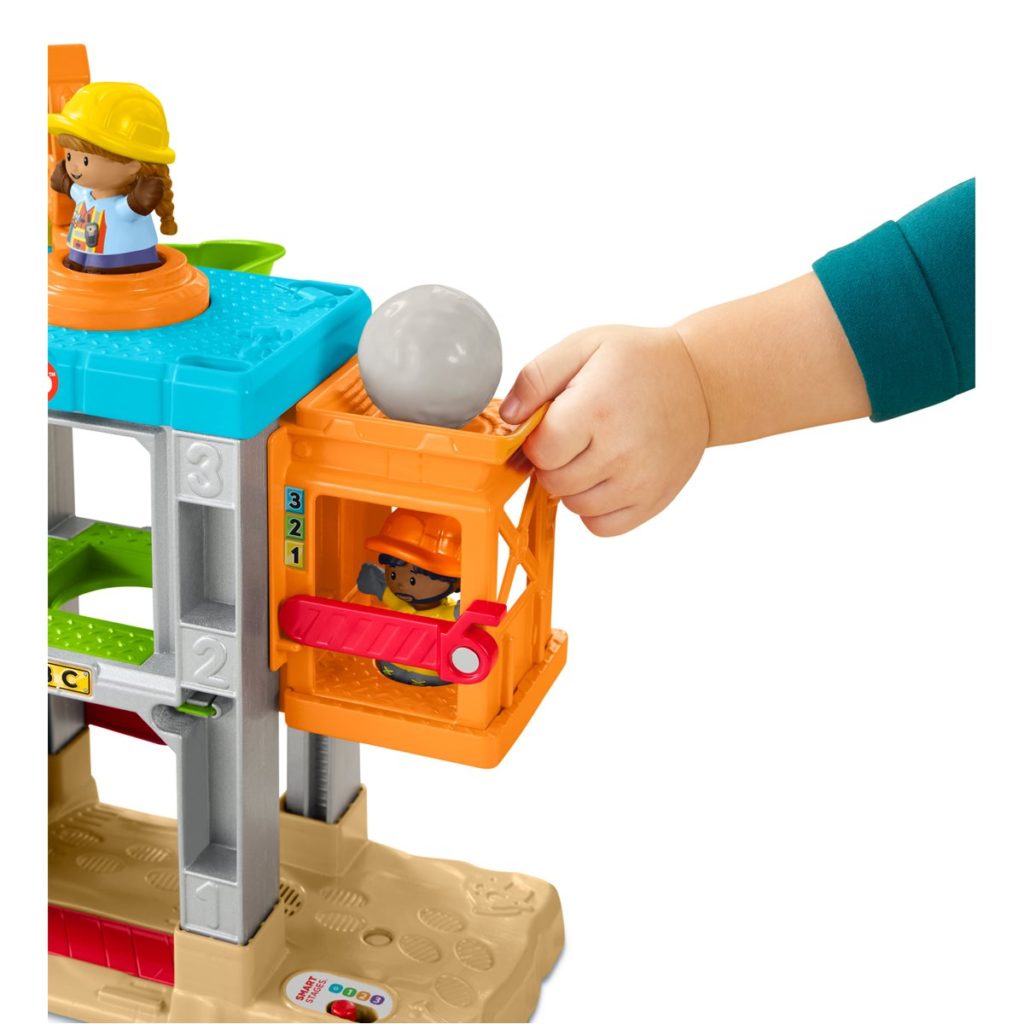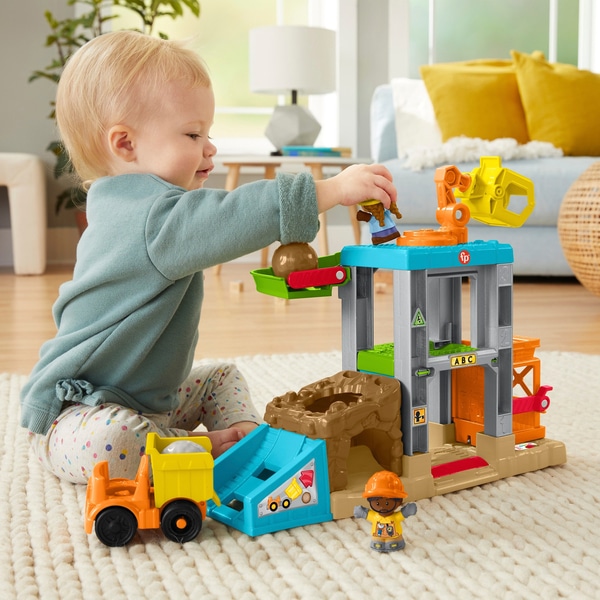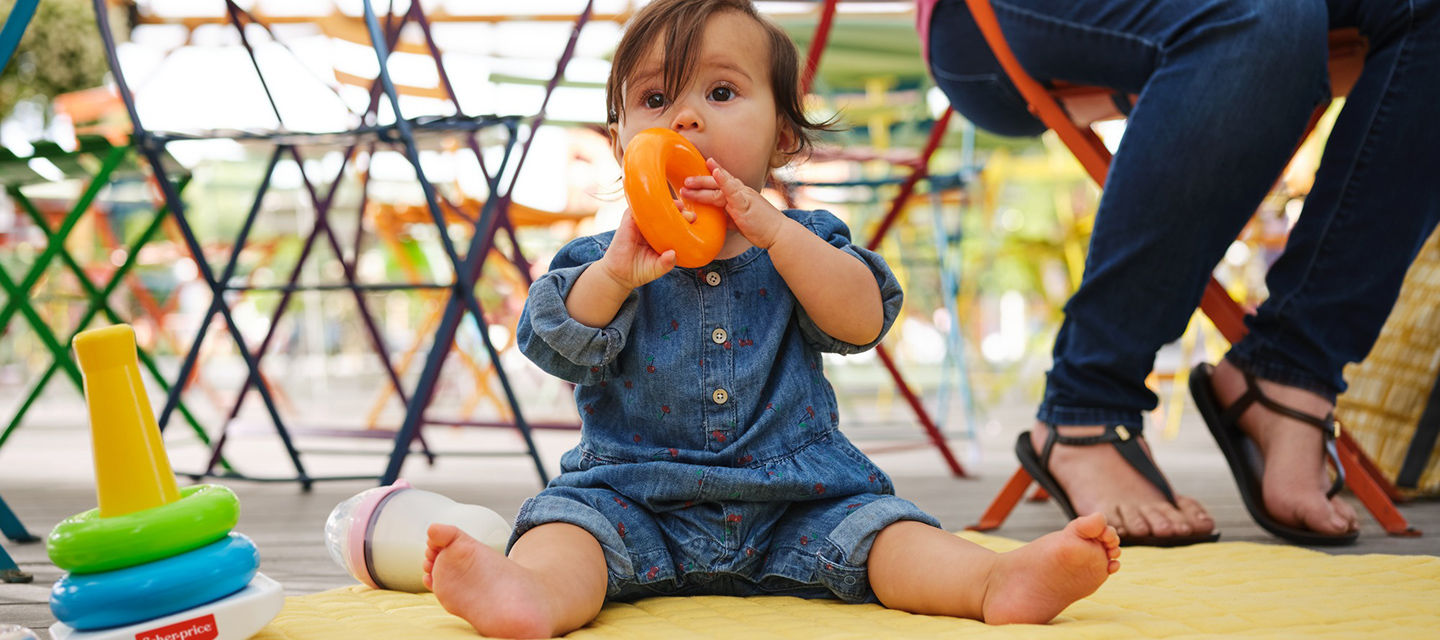If you ask any 4-year-old what he does in preschool, he will probably say something close to, “I do my work and I play with my friends”. Of course, that 4-year-old’s ‘work’ includes painting, listening to stories, carrying out suggestions made by teachers – ‘play,’ in most of our vocabularies. But we all know what is meant by ‘play with my friends.’ It involves the interaction between and among children by which they learn how to get along with one another, to be helpful and share, and to understand the consequences of their own behaviour. In short, in their social play, they are full participants in the laboratory of life. Although cognitive development tends to be stressed in today’s world, many parents enroll their children in early childhood programs primarily because of the unparalleled opportunity it provides for social play.
Just as is true for muscular advance and cognitive development, social play in young children goes through several stages. One classification that teachers find helpful is as follows:
Onlooker
The child remains at the edge of the group, possibly playing half-heartedly with a toy of her choosing, but merely watches the other children at their play.
Solitary Play
The child plays intently with available materials but remains totally alone.
Parallel Play
The child does the same things that a group of children is currently doing but does not interact with them to any extent.
Cooperative Play
The child truly plays ‘with’ other children—takes roles (‘You be the mummy and I’ll be the daddy’), gives instructions (‘No, that chair belongs in the corner’), offers and asks for help.
During the early childhood years, the social play goal of parents and teachers is to help children move through these different levels until they become successful at cooperative play. This is not to suggest that the earlier levels are inappropriate, as children will switch from one level to another on the same day. But, in general, they move toward true interaction with one another, recognizing the needs and interests of all the children in the group.
Although I am descoting social play as consisting mainly of interaction between children, much of it also involves interaction with adults. For example, it has been shown that if an adult occasionally joins in the play, the level of complexity and creativity can be sharply increased. Children often engage in repetitive activities in their play with one another—pouring coffee, putting bread in the toaster, putting hats on and taking them off. A participating adult (who should not take over as director of the play) can enrich the level of play by commenting, ‘Watch that coffee; it’s hot.’ Soon the ‘pouring’ child will be cautioning the other children not to burn themselves. Or, ‘I think you look better in the red hat’ can launch a search among the play hats requiring identification of the correct colour. And the parent or teacher can help establish an awareness of the excluded or ignored child. ‘I think Heather would like to join your group. Do you have a cup for her?’
In their social play, children develop an awareness of their own effectiveness with others and have an opportunity to try to improve it. The girl who is listened to as she assigns roles to the other children gets a boost as she strives to develop a positive self-concept. A child who refuses to sit in the circle next to a classroom bully can exert influence to help the bully learn more constructive ways of dealing with anger and frustration. Parents and teachers need that kind of ally.
Our parenting advice is given as suggestions only. We recommend you also consult your healthcare provider, and urge you to contact them immediately if your question is urgent or about a medical condition.
A perfect product to help a child develop like their social skills & play at the same time with their friends would be the Fisher-Price® Little People® Load Up ‘n Learn Construction Site™ available at retailers nation wide.



Suitable for ages 3 and up!
By Dr. Bettye M. Caldwell Ph.D. Professor of Pediatrics in Child Development and Education
We understand that there are many aspects that encompass a Mother, Father or Child and strive toward providing resources and services that accommodates this.
Our content is aimed to inform and educate families on issues starting from pregnancy through to the challenges of the teen-age years.
- Say Hello to the Ultimate Holiday Brunch Bite - December 17, 2025
- Tiny Toons Looniversity Returns: Meet the Voice Behind Plucky and Hamton! - December 12, 2025
- From Pain to Possibility: Panado®’s New Marketing Campaign, Highlights The Joy Of Pain Relief - December 10, 2025





